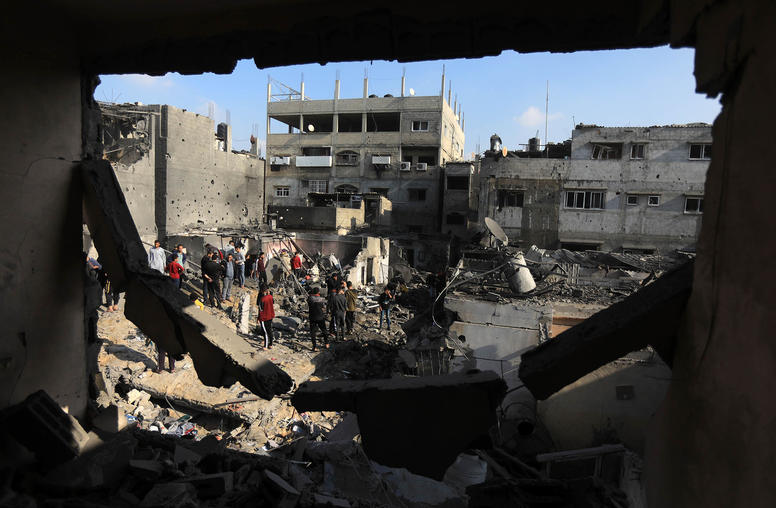What Next?: The Palestinian U.N. Bid, Israel and Options for the U.S.
On September 23, President Mahmoud Abbas submitted an application to the U.N. Secretary-General for Palestine's admission as a full state member of the United Nations. What is needed to move the peace process forward? Is the diplomatic track in sync with the Palestinian state-building effort? What are the options for U.S. policy.
Read the event coverage, Getting Past the Palestinian Bid for U.N. Membership
On September 23, President Mahmoud Abbas submitted an application to the U.N. Secretary-General for Palestine's admission as a full state member of the United Nations. The United States, which sought to prevent this step, has threatened a veto in the Security Council, and there have been calls for a suspension of U.S. aid to the Palestinian Authority over the matter, currently worth more than $500 million per year.
The Middle East Quartet has proposed a re-launch of Palestinian-Israeli negotiations with the goal of achieving a final agreement by the end of 2012.
However, the two sides continue to adhere to opposing views on even the conditions for returning to the table. What is needed to move the peace process forward? Is the diplomatic track in sync with the Palestinian state-building effort? What are the options for U.S. policy?
The United States Institute of Peace is pleased to host the below panel of discussants to explore these questions.
Speakers
- Elliott Abrams, Discussant
Senior Fellow, Council on Foreign Relations - Dr. Ziad Asali, Discussant
President, American Task Force on Palestine - Neil Kritz, Discussant
Senior Scholar in Residence, U.S. Institute of Peace - Congressman Robert Wexler, Discussant
President, S. Daniel Abraham Center for Middle East Peace - David Sanger, Moderator
Writer-in-Residence, U.S. Institute of Peace
Explore Further
- Countries and Regions: Israel and the Palestinian Territories
- Eye on the Middle East and North Africa
Experts from the U.S. Institute of Peace (USIP) are closely following developments throughout the Middle East and North Africa. In a series of reports and interviews, they cover a wide range of issues.



